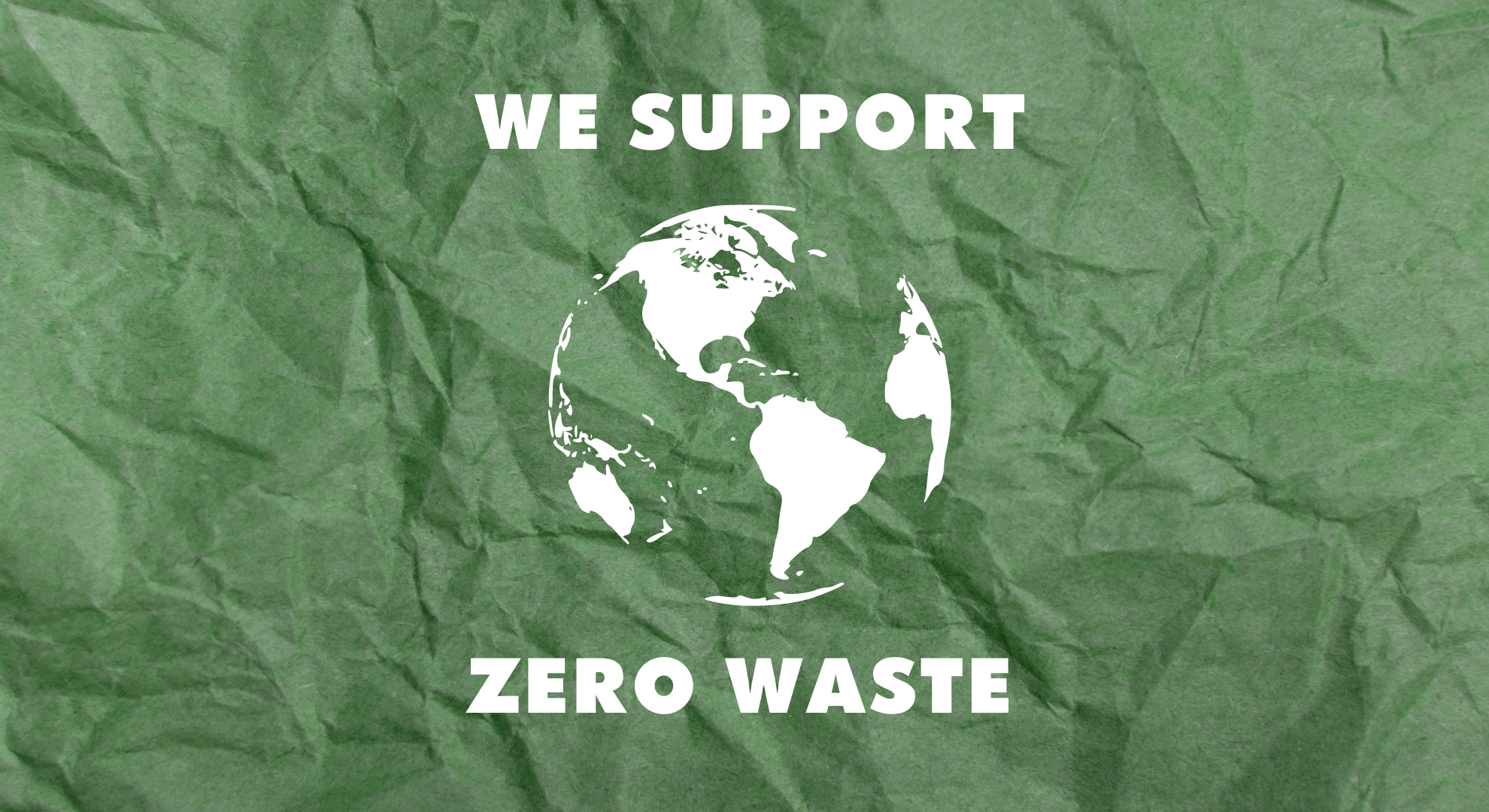
We recognise that the nature of our activities has an impact on the environment. And we are committed to a sustainable future and improving our community’s social, economic and environmental well-being.
Our commitment is:
“To seek continual improvement throughout our business operations to lessen our impact on the local and global environment through the implementation of proactive measures to help protect and promote environmental sustainability for future generations.”
In delivering this commitment we will:
- Manage our waste by minimising, storing, recycling and disposing of waste and packaging in a responsible manner, in conjunction with our council of Westminster.
- Reduce energy and water requirements by improving energy efficiency and reducing consumption.
- Implement a ‘paperless’ back office system wherever possible.
- Work with our partners i.e. London University Procurement Consortium (LUPC), BaxterStorey, and Greengage Solutions, to improve our sustainability practices and enable improvement measurement controls.
- Work in partnership with our staff, residents and visitors to understand behaviours and practices to make improvements, particularly to conserve energy and water and effectively manage waste.
- Inclusion of sustainability principles in procurement and business decisions such as refurbishment, capex projects, supplier partnerships, and operational activities.
- Include an annual environmental update within the annual report providing a review of the Charity’s overall sustainability performance together with recommendations for future improvements.
- Set targets for our performance and monitor performance against them.

- Our waste is collected by Westminster Council and is not sent to landfill, general waste is turned into renewable energy.
- Bulky waste collections are organised through Westminster Council for segregation and recycling.
- Recycling of paper through Recorra
- Cardboard compacted to reduce collections.
- Takeaway Coffee Cups are compostable.
- Straws are compostable.
- All plastic cups and glass bottles are recycled.
- Promote recycling bins in meeting rooms and kitchens.
- Secure printing and scanning to store electronically.
- Use of cloud services i.e. HR, Booking and Telephone systems.
- Decommissioning old, inefficient servers to reduce energy consumption.
- Workstations and printers set to sleep when not in use.
- Use of digital processes and workflows to replace traditional paper-based processes such as Board papers, internal communications and forms.
- Promote ticketless events.
- Introduction of hybrid facilities for client and staff meetings to reduce unnecessary travel.
- Use of seasonal menus for residents and staff.
- Segregation and recording of food waste from plate, spoilage and production to reduce unavoidable food waste.
- Reduction in catering deliveries from 3 to 2 a week.
- Partnership with Waste Knot supporting British Farmers and reducing waste.
- Use of Fair-trade products such as ‘Down to Earth Coffee’.
- Increased plant-based menu options.
- Filtered water is available throughout the establishment.
- Removed individual sachets such as Ketchup.
- Use of sustainable products in food areas, chinaware and recyclable takeaway packaging and compostable cups.
- Electricity and Gas supplies purchased from renewable sources.
- Installation of LED lighting throughout 90% of the building.
- Monitoring of gas, water and electricity usage on a monthly basis.
- Light sensors in accommodation areas and where practicable.
- Key controlled electricity system in accommodation rooms.
- Building management systems that control temperatures in the accommodation and venue areas.
- Taps/shower restrictor fitments to reduce water flow.
- Encourage students not to waste electricity and water and to report faults with the simple ‘FEWWW’ Spot check message – Fire hazards, faulty windows, leaking taps and water wastage, overloaded electrical sockets, and waste management.
- London Living Wage provider.
- Employer supported Volunteering policy.
- Ride to work scheme.
- Working from home where practicable and possible.
